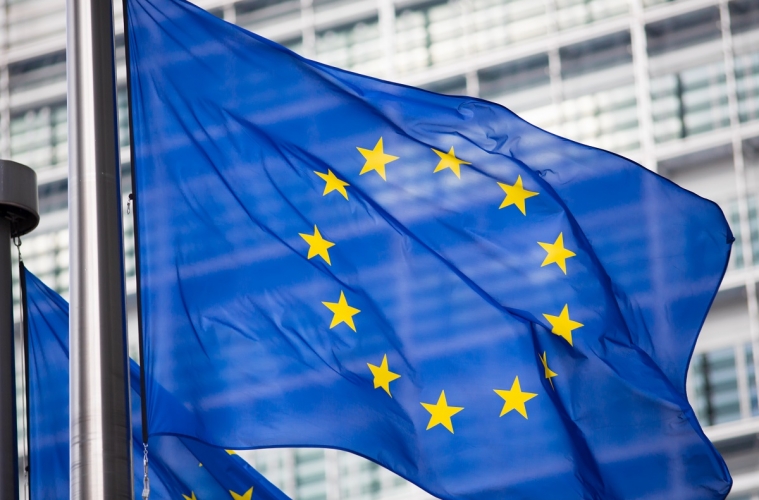Good afternoon,
We’ve noted countless times that the weekend sessions are some of the most important for sterling such is the positioning of UK politicians on the latest terms of Brexit. David Davis’s resignation at 11.30pm last night has not changed that fact and sets the pound up for a week of political intrigue that nobody with a vested interest in GBP will have wanted.
What now for May?
Dominic Raab will take over from David Davis as Brexit Secretary it has been announced. Raab was and remains a prominent Brexit campaigner and his appointment should quell fears on the Eurosceptic side of the party. With 8 months to go until Article 50 expires the most sensible decision would be to ask the EU-27 to allow Article 50 to be extended.
A vote of ‘no confidence’ or a leadership challenge are all still possible of course but the numbers within the parliament suggest that these moves would indeed, as it stands at the moment, fail to upset the current status quo.
The prospects of a general election will insulate May a touch too; politicians love nothing more than still being politicians and not getting a P45 in a leisure centre at 3am in the morning.
Does this affect the Bank of England’s view on interest rates?
Not yet – and only the announcement of a general election would see the Bank of England change its current plans to hike interest rates in August.
We originally thought that the Bank of England would hold off on a 25bps increase in August given that the initial reading of UK GDP for the second quarter is due 10 days after the Bank of England’s Quarterly Inflation Report; however, tomorrow will see the Office of National Statistics publish its first ever monthly GDP report covering the month of May which Carney has said would give the Bank of England enough information to go on.
We’re not fans of raising rates at the moment but it does look like it will happen in August as inflation pressures build once again. Unfortunately, sterling has decoupled from Bank of England interest rate expectations and a hike in interest rates therefore will not immediately translate into a run higher for sterling.
The Bank of England’s next meeting is at noon on August 2nd and interest rate expectations markets put an 82% chance of the base rate increasing then for the second time in 12 months.
How does the pound trade?
Last week’s thoughts that sterling could outperform on data but be clipped by politics proved correct. That is concerning given a lack of data this week and the Westminster maelstrom that still has to play out.
In the end, sterling will likely take its cues from the currencies that it is trading against; USD is a little weaker this morning but could easily move higher as a result of Thursday’s inflation numbers. Similarly, the euro looks vulnerable given the rhetoric over international trade tariffs.
Have a great week.
Jeremy Thomson-Cook, Chief Economist


